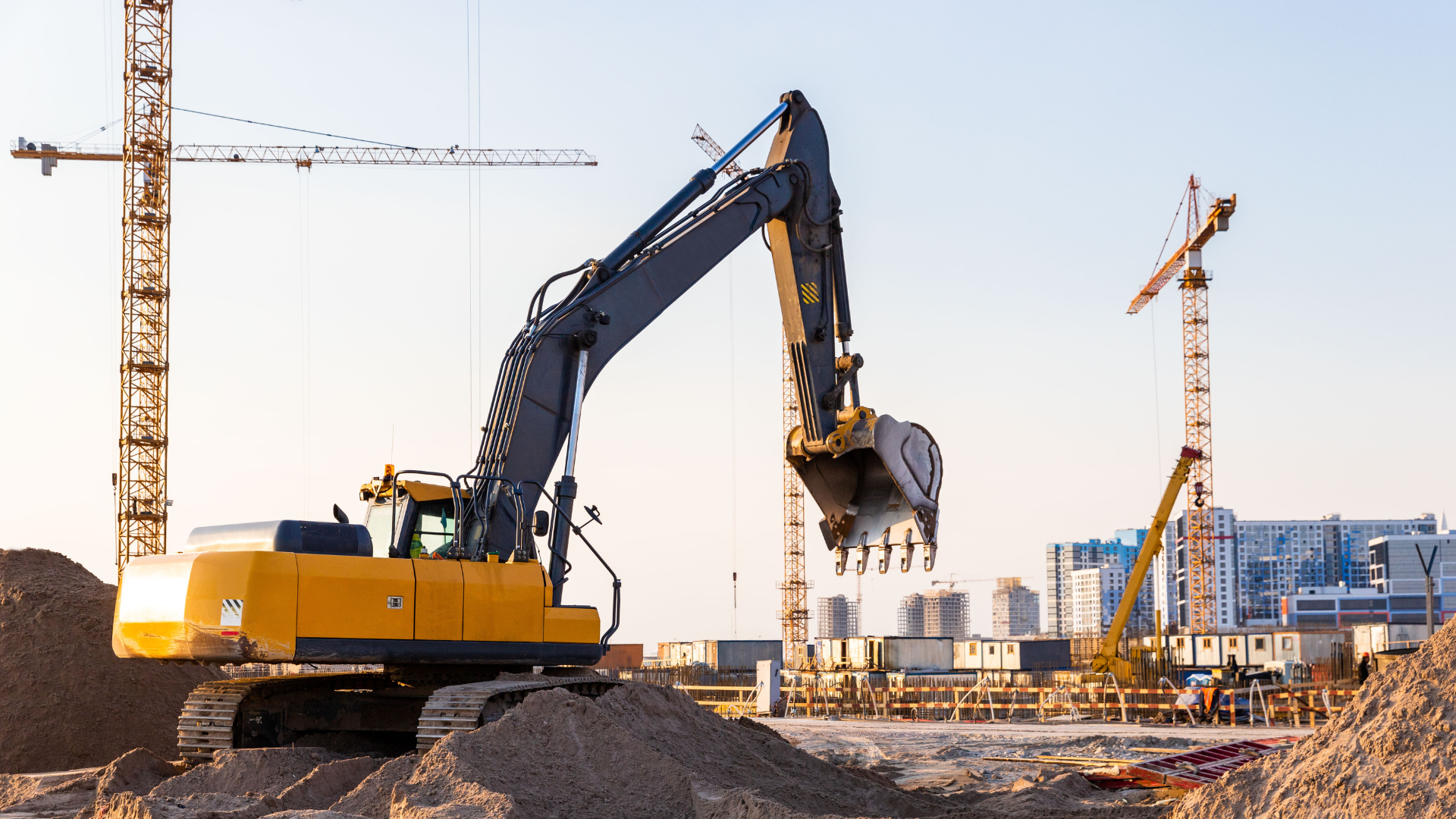Sustainable materials: three innovations scaling up
In Europe, innovation is accelerating in the sustainable materials sector, driven by startups that are rethinking design and manufacturing processes to incorporate the principles of circularity and waste reduction. From CO2 storage in concrete to circular economy mineral wool insulation and green aerogel, here are three promising technology solutions on the cusp of scaling up thanks to major industry partnerships and substantial funding.
Neustark comes to France thanks to FEHR and Holcim partnership
At the end of 2024, the Swiss startup and carbon-storing construction materials specialist Neustark announced it was to build 14 carbon storage facilities on sites operated by Holcim in Switzerland, Germany, Italy and France, as part of a strategic partnership designed to reduce the company’s carbon footprint.
The technology developed by Neustark can capture CO2 from biogas plants, which is then permanently stored in two types of materials: either recycled concrete aggregates from demolition materials or residual water produced when cleaning concrete mixers, which once enriched, can be reused for concrete production.
The startup’s mineralization process can store up to 10 kilograms of CO2 per ton of recycled concrete. While Neustark already secured $69 million in funding in June 2024, 22 sites are already up and running in Switzerland, Germany, Austria and England, and 40 new sites are scheduled to open in 2025.
In France, the Lafarge site in Gennevilliers was selected as part of the partnership with Holcim, and a planned processing unit is expected to be built there by the end of summer 2025. This will be the company’s second location in France, as Neustark recently opened its first site in Alsace, in partnership with Fehr, a local family business specializing in the production of ready-mix concrete and precast elements.

Image credit : dimaberlinphotos
FenX and Çimsa team up to produce and market a new, more sustainable type of insulation
In late 2024, FenX, a Swiss company specializing in circular construction technology solutions, partnered with Çimsa, a subsidiary of the Turkish conglomerate and global leader in building materials, Sabancı Holdings.
The goal behind this partnership is to open in Spain the first industrial production line for the innovative insulation solution developed by FenX, aiming for large-scale rollout by 2025.
Named FomRox, this product is the first circular mineral foam insulation solution of its kind. The innovation is based on FenX’s patented foaming technology that transforms construction waste and quarry fines into high-performance insulation panels.
The manufacturing process does not require high-temperatures, thus significantly reducing the product’s carbon footprint compared to traditional solutions. The resulting panels boast a high thermal performance and a low carbon footprint, and are also non-flammable.
Interestingly, like Neustark, this startup founded in 2019 is a spin-off from ETH Zurich.
Keey Aerogel raises €18 million to manufacture “green” aerogel on an industrial scale thanks to disruptive process
Keey Aerogel, a Mulhouse-based deeptech startup, recently raised €18 million in Series A to rapidly scale up its innovative silica aerogel manufacturing process.
Founded in 2015, the company has developed a disruptive technology solution to produce silica aerogel from construction waste. Unlike traditional production methods involving solvents that are typically discarded after use, Keey Aerogel uses the carbon dioxide and ethanol from the manufacturing process and recycles them in a closed-loop process.
Aerogel is made up of 98% air and 2% silica – making it super-insulating. This very lightweight material can be used in lots of different sectors, from construction (thermal insulation) to industry (high-temperature insulation), electric vehicle batteries (fire safety) and aerospace.
Currently in the pre-scaleup phase at its pilot plant in Alsace, France, Keey Aerogel plans to use these new funds to build a second production unit and increase its workforce, before developing a local network of factories close to customers.
The funding round was led by Bpifrance’s SPI Fund 2 and the WIND investment fund, with participation from Capital Grand Est and NCITY.
Image credit : Fahroni